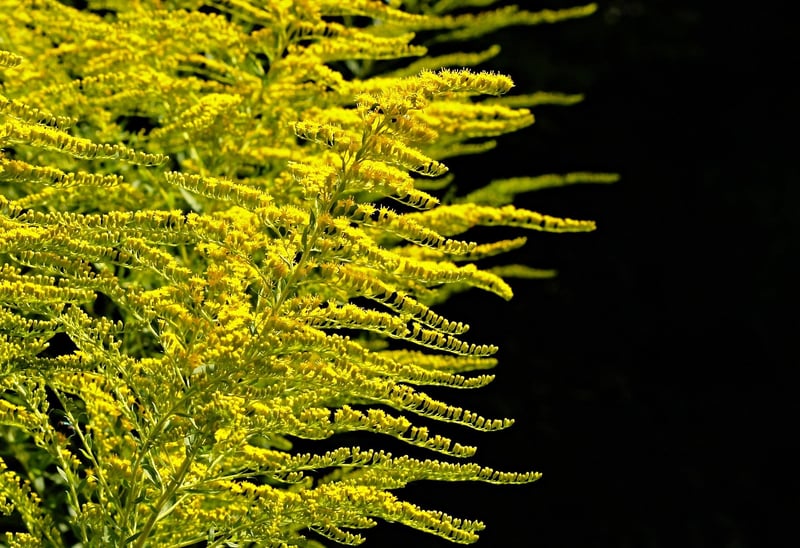Bee-Friendly Plants
Creating Urban Habitats for Bees with Bee-Friendly Plants
Welcome to the buzzworthy world of urban beekeeping and creating bee-friendly habitats in cities! Bees play a crucial role in pollinating plants, ensuring biodiversity, and supporting food production. With urbanization on the rise, it's essential to provide bees with suitable environments to thrive amidst the concrete jungle. One way to do this is by planting bee-friendly plants in urban spaces.
Why Urban Bee Habitats Matter
Urban areas often lack the diverse floral resources that bees need for foraging. By creating bee-friendly habitats in cities, we can help support bee populations, enhance urban green spaces, and promote a healthier ecosystem. These habitats also contribute to beautifying the cityscape and creating a more sustainable environment for both bees and humans.
Choosing the Right Bee-Friendly Plants
When selecting plants for urban bee habitats, opt for varieties that are rich in nectar and pollen. Some excellent choices include lavender, sunflowers, bee balm, coneflowers, and herbs like rosemary and thyme. These plants not only attract bees but also add color and fragrance to urban gardens, balconies, and rooftops.
Tips for Creating Bee-Friendly Urban Gardens
- Plant a variety of bee-friendly plants to provide a continuous food source throughout the seasons.
- Avoid using pesticides and herbicides that can harm bees and other beneficial insects.
- Include native plant species in your garden, as they are well-suited to the local climate and attract native bee species.
- Provide water sources like shallow dishes filled with pebbles for bees to drink safely.
- Create nesting sites by leaving some bare ground, installing bee hotels, or incorporating bee-friendly plants that offer shelter.
Get Started with Urban Beekeeping
If you're passionate about supporting bees in urban areas, consider starting a small beekeeping project. Check local regulations, join beekeeping associations for guidance, and learn about beekeeping practices to ensure the well-being of your bee colonies. Urban beekeeping not only benefits bees but also provides an opportunity for city dwellers to connect with nature and contribute to environmental conservation.

Join the buzz and make a difference by creating bee-friendly habitats in your city with the power of bee-friendly plants!
References: National Wildlife Federation, Pollinator Partnership
